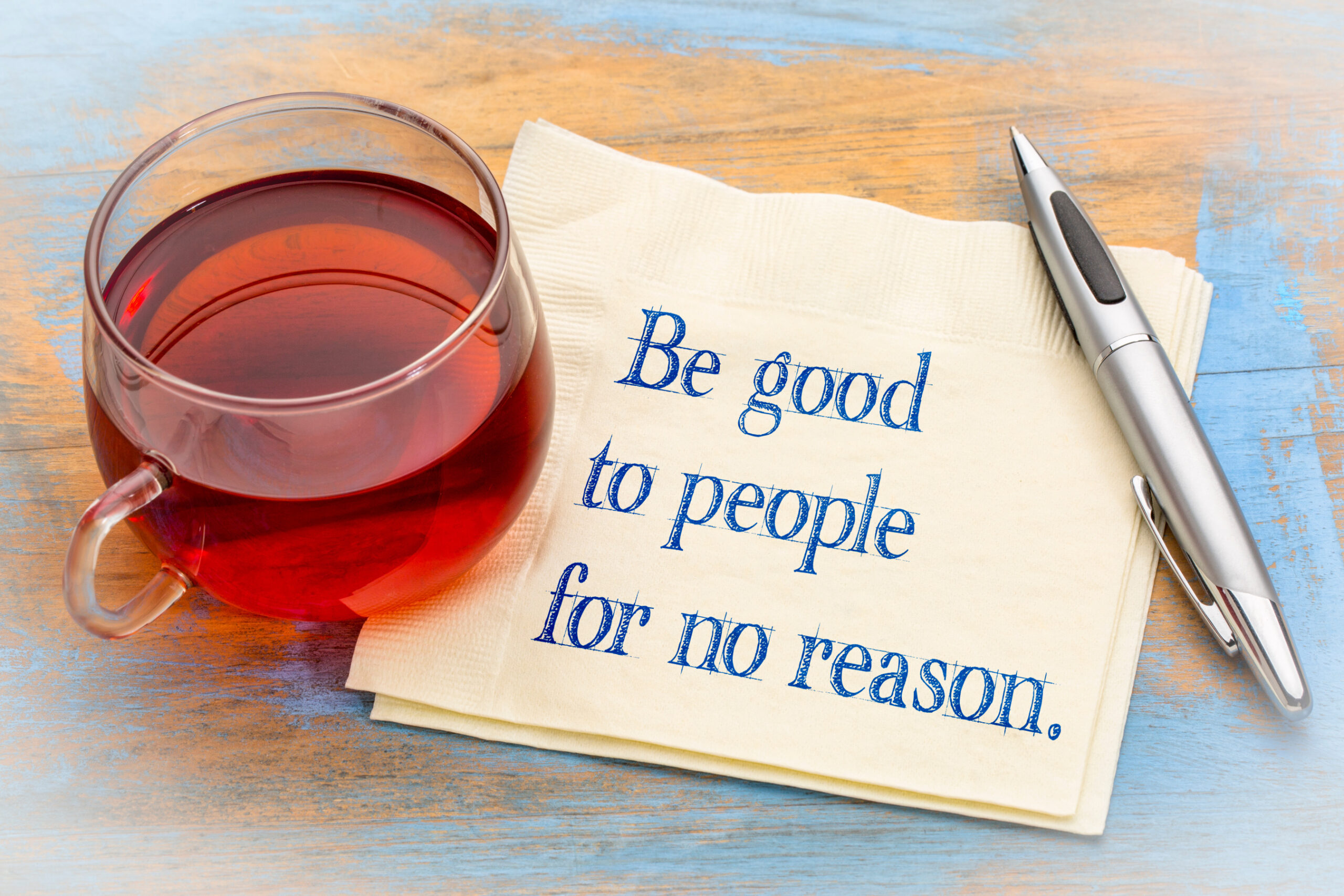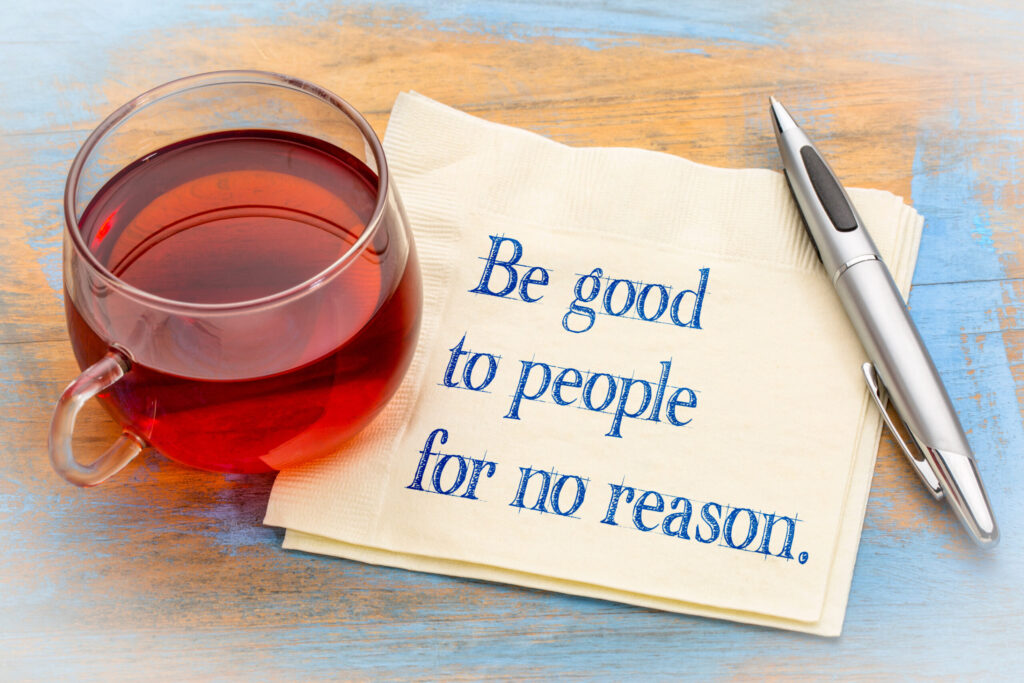The One Habit That Could Make You a Better Human—and a Kinder American

In a world filled with noise, competition, and ever-present digital distractions, the basic tenets of kindness, humility, and empathy are quietly being drowned out. We often speak about progress—technological, political, economic—but seldom do we talk about the kind of progress that really binds a society together: moral progress, rooted in decency and mutual respect. Yet it’s these very qualities that make a nation resilient, a community whole, and daily life bearable.
You don’t have to look far to see the cracks. We hear about rising polarization, anger on airplanes, road rage, social media pile-ons, and the simple but telling trend of people being too busy to say hello or hold the door open. The decline in basic civility isn’t just anecdotal—it’s measurable. Fewer people trust each other. Fewer believe in institutions. Fewer think their neighbors would lend a hand in a crisis. And while there are countless reasons for this—economic stress, political divides, social media algorithms—the antidote remains simple: choosing, every day, to be a decent human being.
Civility isn’t a political issue; it’s a human one. And at its heart is the ability to be mindful of how our words and actions impact others.
One of the easiest ways to practice kindness and civility is to be aware of the emotional space others may be in. We often celebrate personal victories—landing a new job, buying a bigger home, having children—but in doing so, we sometimes forget that not everyone around us is in the same place. Sharing good news should never be off-limits, but how and when we do it matters.
For instance, speaking enthusiastically about your growing family in front of someone struggling with infertility can be unintentionally painful. Boasting about financial success in front of someone who’s quietly drowning in debt might feel like salt in the wound. Gushing about a dream vacation to someone working two jobs just to stay afloat may not feel as harmless as intended.
This isn’t about censorship or walking on eggshells. It’s about self-awareness and compassion—two qualities that cost us nothing but mean everything. Studies have shown that a majority of people feel alienated or less-than when others speak insensitively about their own advantages. And in a culture that so often pushes comparison, being mindful can help interrupt that cycle and build connection instead.
That doesn’t mean we should hide our joy or pretend our lives aren’t full of blessings. But it does mean taking a moment to ask ourselves: “Is this the right time to share this?” or “Am I considering the emotional landscape of the people around me?” Being proud of your children’s achievements or your hard-earned success is natural—but balancing that with humility and sensitivity is what turns a good moment into a great example of grace.
It’s a subtle shift in thinking, one that prioritizes empathy over ego. And this shift can ripple out. When we act with grace, others notice. When we pause to include someone who’s usually left out, it lifts more than just spirits—it lifts the tone of an entire room. These seemingly small choices add up to something powerful: a culture of kindness.
Another part of this awareness includes noticing when someone else isn’t doing well. It’s easy to be caught up in our own orbit, but civics—true civics—is about looking outward. Listening when someone needs to talk. Offering help without being asked. Giving space when someone seems overwhelmed. You never know what someone’s carrying with them. And a little grace can go a long way.
That’s the beautiful irony of kindness—it’s one of the few things in life that multiplies when you give it away. It’s contagious. When one person sets the tone, others often follow. And in a society as stressed and stretched as ours, even a simple act of tact can feel like a lifeline.
Ultimately, being a good person isn’t about perfection. It’s about intention. It’s about choosing, again and again, to respond with thoughtfulness rather than impulse, to share joy without diminishing others, to be present without needing the spotlight. This is what makes a person admirable—not how loud they are, but how considerate they are.
The road to a better culture doesn’t require sweeping reforms or grand declarations. It starts with moments. A pause before speaking. A smile instead of a snap. A “how are you really doing?” instead of a “look what I just got.”
When we do these things, we model something powerful—not just for our peers, but for our children, our neighbors, and everyone watching. We model what it means to lead with heart. We show that kindness isn’t weakness. It’s strength, restraint, and wisdom rolled into one.
So the next time you catch yourself about to boast or vent or share something personal, pause. Look around. Consider your audience. And lead with empathy. It may feel like a small gesture—but it’s one that could change someone’s entire day.
That’s the kind of America worth rebuilding. One moment of grace at a time.
RECENT










BE THE FIRST TO KNOW

More Content By
Jessica Curtis










